Author Archives: Jessica Holguin
Do I Qualify For Bankruptcy?
Almost anyone can file either Chapter 7 or Chapter 13 bankruptcy and take advantage of the automatic stay to prevent adverse action, including repossession and foreclosure. But not everyone can obtain a Chapter 7 or Chapter 13 discharge, because each section has important financial and non-financial qualifications. In reality, these qualifications are more like… Read More »
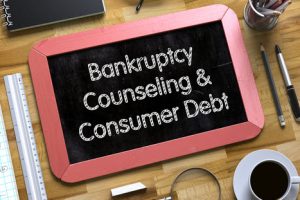
The Different Types Of Bankruptcy
The Bankruptcy Code provides for several different types of consumer bankruptcy, but nearly all these voluntary petitions fall under either Chapter 7 or Chapter 13. Both these plans have some things in common. In each case, the debtor must undergo pre-filing debt counselling, as well as a post-filing financial management class. Both types trigger… Read More »
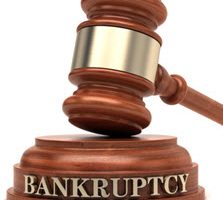
Some Key Pre-Bankruptcy Steps
Many financial events, such as investments, largely depend on timing to determine success or failure. Bankruptcy is much the same. If a Chapter 7 or Chapter 13 is filed too early, it can feel like using a flamethrower to kill a housefly. If on the other hand the voluntary petition is filed too late,… Read More »
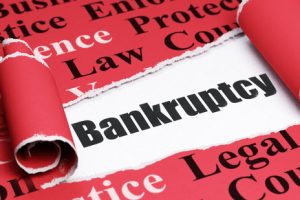
Obstacles To Bankruptcy: Security Clearances
Some distressed debtors who work at one of the many military bases in Illinois or Indiana, or at one of the many private companies that support these installations, hesitate to file bankruptcy because they are afraid that a voluntary petition will mean the revocation of their security clearance. But it is illegal to take… Read More »

Three Quick Ways To Rebuild Credit After Bankruptcy
Some people do not file a necessary bankruptcy because they think it will “ruin their credit rating for seven years.” That’s partially true, because a completed Chapter 13 bankruptcy stays on a credit report for seven years. That’s also partially untrue, because the debtor’s credit rating is already very low due to current issues…. Read More »

Bankruptcy And Student Loans: A Primer
Although student loans are unsecured debts, like credit cards, Small Business Administration loans, and medical bills, they are not automatically dischargeable like these other obligations. In fact, several years ago, Congress even closed the private student loan loophole, which is bad news for former ITT Tech students and other similarly situated borrowers. There is… Read More »
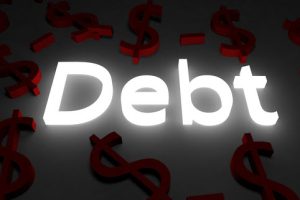
Four Dischargeable Debts In Bankruptcy
The end result of a bankruptcy petition, in almost all cases, is a fresh financial start for the honest yet unfortunate debtor. To get this fresh start, the bankruptcy judge will discharge (legally forgive) many different kinds of debts. Sometimes, debtors want to pay what they owe, or at least most of it, but… Read More »

Exempting Houses And Cars In Illinois Bankruptcies
Whether the voluntary petition is filed under Chapter 7 or Chapter 13, most all common consumer assets are exempt in Illinois, meaning that debtors rarely, if ever, must forcibly surrender their property to the bankruptcy trustee (person who oversees the case for the judge). Bankruptcy protects assets to help fulfill the law’s mission of… Read More »
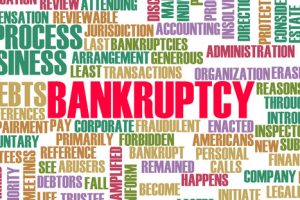
What’s The Difference Between Chapter 7 And Chapter 13?
A number of times over the last hundred years, and perhaps most recently in 1998, the Supreme Court has reaffirmed that the purpose of the Bankruptcy Code is to give the “honest but unfortunate debtor” a fresh start. There is only one kind of honest, but there are several kinds of misfortune, which is… Read More »
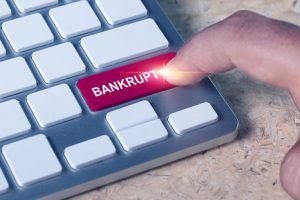
A.D.K. Arms Files Bankruptcy
Aggressive debt collection tactics may have forced the firearms manufacturer into bankruptcy. Do ordinary people file bankruptcy for the same reason? A.D.K. and its affiliate company, Advanced Precision Manufacturing, Inc., sought Chapter 11 bankruptcy protection almost simultaneously, apparently because Midwest Community Bank was attempting to collect on a $3.9 million loan and the company… Read More »


